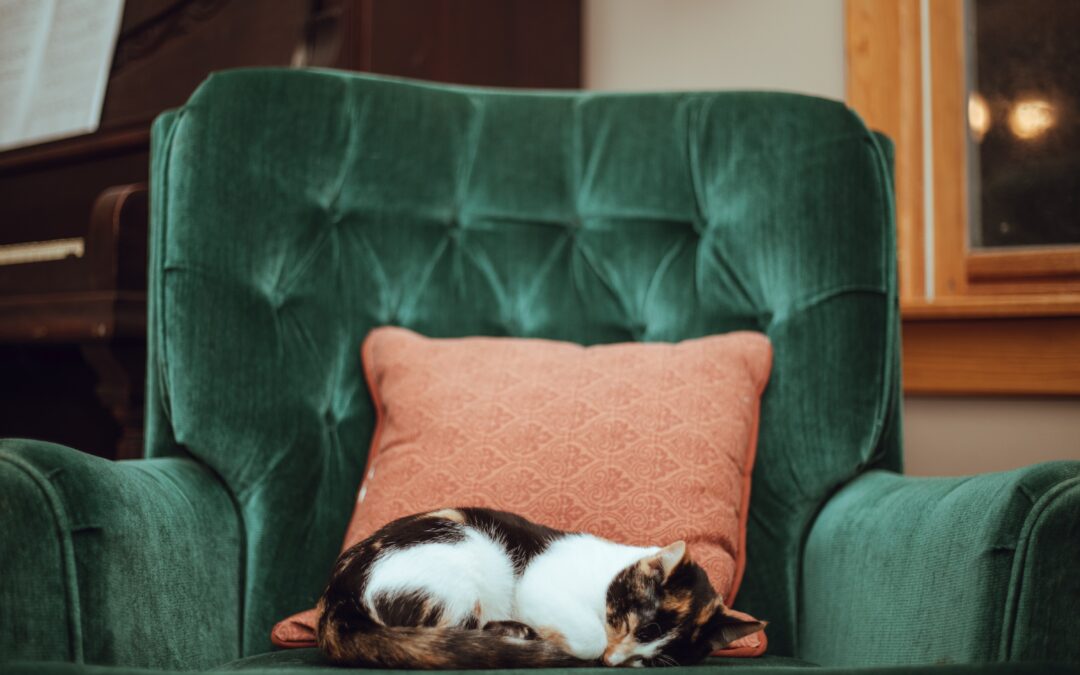How to Care for Your Arthritic Cat
Cats rarely complain unless their food bowl is empty, which makes identifying whether they are suffering from arthritis discomfort difficult. However, if your cat has arthritis or is having difficulty getting around, the following easy home adjustments will enhance their comfort and mobility.
#1: Use low-sided litter boxes
While covered litter boxes are ideal for keeping litter grains and odors, they might be challenging to maneuver for an arthritic cat. Replace your cat’s conventional litter boxes with low-sided, exposed restrooms that they can readily enter and exit.
#2: Raise your cat’s food and water dishes
Your cat’s elbows have seen a lot of wear and tear after a lifetime of jumping. Elevate your cat’s bowls to a comfortable height to eliminate the need to lean down to access their food and water.
#3: Provide furniture with ramps
Scaling their climbing tower may be too difficult for your arthritic cat, but they probably still enjoy looking out the window, so keep a ramp nearby. Installing ramps to lookout towers or preferred resting locations will help your cat maintain independence while satisfying instinctive needs such as climbing, hiding, and surveying their territory.
#4: Provide firm bedding
Although unusually soft, velvety bedding may appear especially cozy for your cat, they soon discover that an excessively soft bed is difficult to get out of and provides little cushion for aching joints. A sturdy, orthopedic bed will appropriately support your cat’s aching body.
#5: Use non-slip mats on slippery floors
While your cat may no longer rush up and down your hallway in the middle of the night, giving traction on slick flooring might help prevent severe slips and falls. Yoga mats or carpet runners give your cat a non-slip route.
Home adjustments can benefit your arthritic cat, but maintaining a healthy weight and managing pain is also important. We can assist with these; please get in touch with us to set up an appointment.

